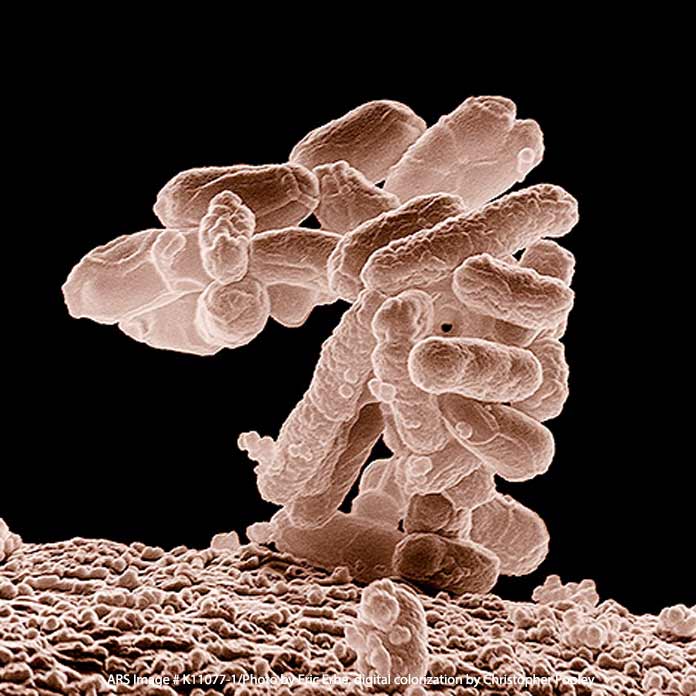Our lawyers help people who develop thrombotic thrombocytopenic purpura (TTP) after eating food contaminated with E. coli O157 bacteria.

When E. coli bacterium are ingested, they can latch onto the lining of the colon and start producing poison called Shiga toxins. If these toxins get into the blood stream, they can travel to the central nervous system and cause TTP, which can be fatal or cause permanently damage. Medical research has found that there is generally a significant, permanent decrease in physical and mental capacity after this happens (1).
“Our clients are often in the hospital for weeks or months,” said Fred Pritzker, one of our lead attorneys for these cases. “Our job is to hold the wrongdoers accountable and get our clients and their families full compensation, which includes money to cover estimated future medical expenses and pain and suffering.” Fred recently won $4.5 million for one client.

What is TTP?
This disease is almost always caused by a specific serotype of E. coli called O157; however, other strains can also cause severe illness, including O26, O45, O103, O111, O121, and O145.
Toxins (Shiga toxins) created by the bacteria cause tiny thrombi (blood clots) to form in blood vessels throughout the body, but particularly in the central nervous system (CNS) and kidneys. Because the formation of the thrombi uses an abnormally high number of platelets, the number of platelets in the bloodstream decreases to dangerously low levels. This can cause severe, sometimes fatal complications, including the following:
- Stroke;
- Seizures;
- Coma;
- Heart arrhythmia;
- Hemolytic anemia;
- Heart failure;
- Acute and chronic renal failure;
- Severe abdominal pain;
- Pancreatitis (can include glucose intolerance);
- Enlarged liver;
- Hypertension;
- Death.
The person sickened may have bloody diarrhea for several days before symptoms of TTP become apparent. In some cases, the patient may also suffer from hematuria (red blood cells in the urine).
Testing
When these symptoms manifest, both a stool sample and rectal swab should be tested for E. coli. If the bacteria is found, further testing needs to be done to determine if it is O157:H7 (the most common pathogenic serotype) or a less common serotype (026, 0111, 0103, 0121, 045 or 0145).
To link the illness to an outbreak, it is also necessary to do testing on the DNA of the bacterium with pulsed-field gel electrophoresis (PFGE), or whole genome sequencing (WGS), which provide a genetic fingerprint of the pathogen.
Can I Sue a Restaurant or Food Company?
Yes you can, if there is evidence to support a claim against a food manufacturer, distributor, retailer, or restaurant. One of the primary issues with these lawsuits is future medical expenses. We have medical experts that we use to estimate future medical expenses, and then we aggressively pursue the responsible companies.
If your loved one tragically died, you may have a wrongful death claim. It is our job to help you hold corporate wrongdoers accountable.
To contact Pritzker Hageman law firm, please call toll-free at 1-888-377-8900 or submit the firm’s free case consultation form.
References
- Page, Evaren E., et al. “Long‐term outcomes of health‐related quality of life following diverse thrombotic microangiopathy syndromes.” American journal of hematology 91.4 (2016).